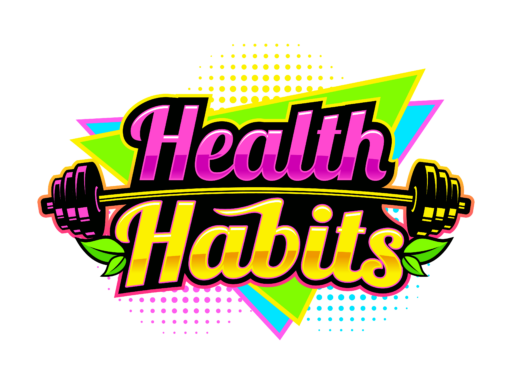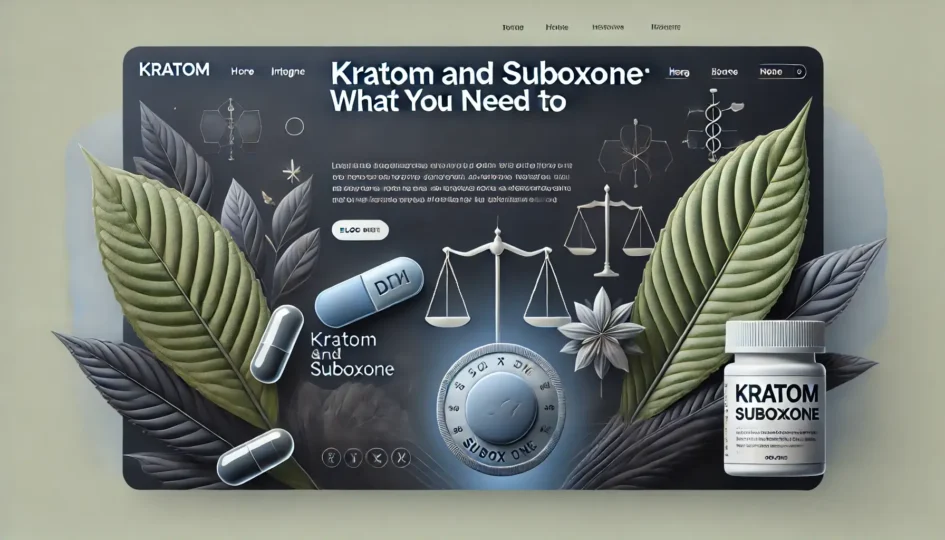Kratom has become a popular natural remedy for pain relief, increased energy, and relaxation.
Among its many uses, kratom has also been explored as an alternative for managing opioid withdrawal symptoms.
For individuals on Suboxone (a medication used to treat opioid dependence), understanding how kratom interacts with Suboxone is crucial.
This article provides an in-depth look into the relationship between kratom and Suboxone for avid kratom users.
Disclaimer: Hey, we are not doctors. Do not use this article as a diagnosis or medical advice. This is our knowledge of the subject only.
Understanding Kratom and Suboxone
Kratom:
Kratom, or Mitragyna speciosa, is a tree native to Southeast Asia.
Its leaves contain alkaloids like mitragynine and 7-hydroxymitragynine, which interact with opioid receptors in the brain.
Depending on the dose, kratom can produce stimulating effects (low doses) or sedative and pain-relieving effects (high doses).
Suboxone:
Suboxone is a prescription medication combining buprenorphine (a partial opioid agonist) and naloxone (an opioid antagonist).
It is used to treat opioid dependence.
Buprenorphine binds to opioid receptors, reducing withdrawal symptoms and cravings, while naloxone prevents misuse by causing withdrawal if injected.
Potential Interactions Between Kratom and Suboxone
- Receptor Competition
Both kratom and Suboxone act on the brain’s opioid receptors.
This competition can lead to unpredictable effects.
For instance, buprenorphine’s strong binding affinity might reduce kratom’s effectiveness, leading users to consume higher doses of kratom.
2. Risk of Overdose
Combining substances that act on opioid receptors can increase the risk of respiratory depression, sedation, and overdose.
While kratom alone has a low risk of overdose, its combination with Suboxone could heighten this risk.
3. Withdrawal Symptoms
Using kratom while on Suboxone might induce withdrawal symptoms.
Learn more about withdrawal here.
Naloxone in Suboxone can precipitate withdrawal when combined with other opioids, including kratom, especially if injected.
Why Some Users Consider Kratom with Suboxone
- Managing Withdrawal
Some individuals use kratom to manage Suboxone withdrawal symptoms due to its opioid-like effects.
Kratom can alleviate some discomfort associated with tapering off Suboxone.
2. Alternative to Prescription Medications
Users seeking a natural alternative might turn to kratom for its accessibility and perceived safety compared to prescription medications.
3. Pain Management
Those on Suboxone for opioid dependence might use kratom for additional pain relief, as Suboxone’s partial agonist properties might not fully address chronic pain.
Click here to learn more about using kratom for pain relief.
Risks and Considerations of Combining Kratom and Suboxone
- Lack of Medical Guidance:
Mixing kratom with Suboxone without medical supervision can be risky.
Healthcare providers can offer tailored advice and monitor for adverse effects, reducing potential risks.
2. Legal and Safety Concerns:
Kratom’s legal status varies by region.
Using kratom while on Suboxone might complicate legal and medical situations, especially if kratom is restricted or banned locally.
3. Dependency:
While kratom can help manage withdrawal, it has its own potential for dependency and withdrawal symptoms.
Users should be aware of the risks of replacing one dependency with another.
Practical Advice for Users
- Consult a Healthcare Provider
Always consult with a healthcare provider before combining kratom with Suboxone.
They can provide personalized advice and monitor for adverse interactions.
2. Start Low and Go Slow
If considering kratom while on Suboxone, start with a low dose of kratom to monitor its effects.
Increase gradually under medical supervision to avoid adverse reactions.
3. Monitor for Symptoms
Be vigilant for signs of respiratory depression, increased sedation, or unusual symptoms.
If any adverse effects occur, seek medical attention immediately.
4. Legal Awareness
Stay informed about the legal status of kratom in your region
Using a banned substance can have legal repercussions, complicating your treatment plan.
5. Support Systems
Engage with support systems such as addiction counselors, support groups, and healthcare providers.
They can offer guidance and support through your treatment journey.
Kratom and Suboxone In Conclusion
Kratom and Suboxone both offer potential benefits for managing opioid dependence and withdrawal symptoms, but their combined use requires caution and medical supervision.
Understanding the potential interactions, risks, and practical considerations can help avid kratom users make informed decisions about their health and treatment.
Always prioritize safety and consult healthcare professionals when considering the use of kratom alongside Suboxone.
With the right approach, you can navigate the complexities of your treatment journey effectively and safely.
Frequently Asked Questions About Kratom and Suboxone
Q: Can I use kratom to manage withdrawal symptoms while on Suboxone?
A: Some individuals use kratom to manage Suboxone withdrawal symptoms due to its opioid-like effects.
However, combining kratom with Suboxone can lead to unpredictable interactions and increase the risk of adverse effects.
Always consult a healthcare provider before using kratom to manage withdrawal symptoms.
Q: What are the risks of combining kratom with Suboxone?
A: Combining kratom with Suboxone can lead to receptor competition, increased risk of overdose, and potential withdrawal symptoms.
These interactions can cause respiratory depression, sedation, and other serious health risks.
Always seek medical supervision when considering this combination.
Q: Is kratom a safer alternative to prescription medications like Suboxone?
A: While some users seek kratom as a natural alternative, it’s important to note that kratom has its own potential for dependency and withdrawal symptoms.
Its legal status varies by region, and using kratom without medical guidance can complicate treatment plans.
Always consult a healthcare provider for safe and effective treatment options.




Leave a Reply